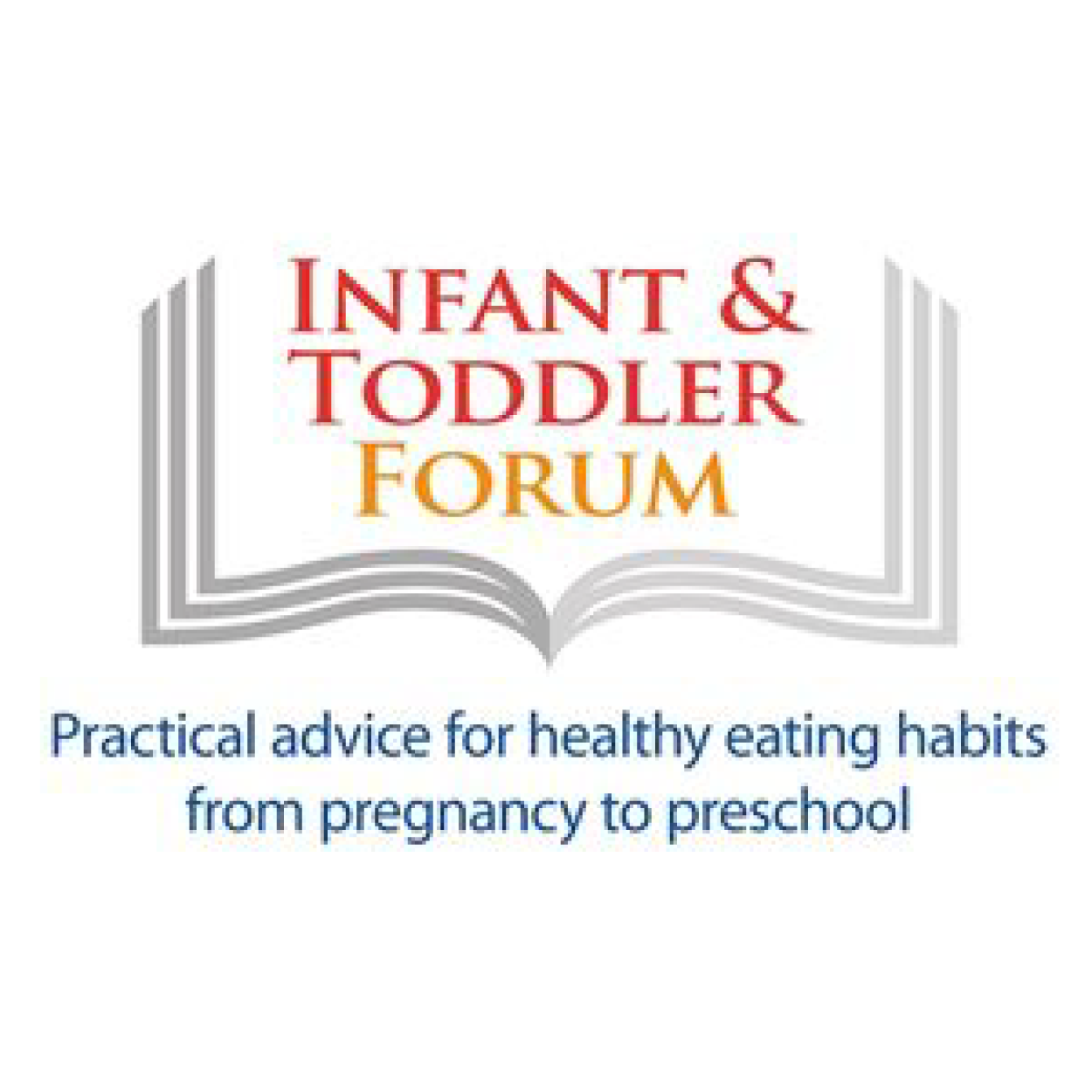In their second year toddlers become very wary of foods that are unusual or look different in some way to them. This is a normal developmental phase and if parents remain calm then most toddlers will pass through this phase with no consequences. Unfortunately parents tend to worry more when their toddler refuses food and meals than when they refuse to wear a hat or socks for example. If you find yourself in a food battleground keep calm and remember: It is your responsibility to provide good healthy food (following food combining) but it is up to your child to choose how much and which of those healthy foods he will eat.
Who is the best judge of the right quantity?
How much food a toddler eats each day can vary considerably and on days when he doesn’t eat well parents often worry unnecessarily.
A common mistake made is to believe that you, the parent knows better than your toddler how much he should eat. You may have in your mind a set quantity. It may be the contents of the jar you have opened, the quantity of food you have lovingly prepared or the amount another toddler has eaten. It may even be an educated guess based on roughly the quantities eaten over the previous few days. The snag in all this is that children’s appetites vary widely from day to day and on how they are feeling at the time.
It is very important to respect your child’s decision that he has eaten enough of what you are offering. Many problems are set up by extending the meal to coerce the child to eat more. The parent usually ends up losing; you invest time and effort with little return and your child can become miserable and upset. If this pattern occurs repeatedly, your child will begin to associate meal times with stress and anxiety and will try to avoid them.
Avoiding the problem:
Keep an open mind about the quantity needed. Some children grow very well on much smaller quantities than other children eat. Your child is telling you he has had enough when he:
keeps on turning his head away,
keeps pushing the spoon or plate away,
spits food out
holds food in his mouth without swallowing it
cries or screams
gags or vomits
Respect his decision and take the uneaten food away without showing through your body language or facial expression that you are upset or worried. In the long term it is important that children learn to know when they are full. Older children who haven’t learnt this feeling of satiety can eat larger quantities of food than they need and may become overweight or obese.
Remember to praise your child verbally, and with a smile, when he is eating. If he only receives your attention when he doesn’t eat, then he may refuse to eat to gain your attention.
Toddlers don’t need to eat well at every meal, every day.
The amount of each nutrient needed to keep him healthy is an average amount. Most nutrients are stored in the body and these stores will last him some time. If he doesn’t have milk one day his bones will not crack up. Be satisfied that over a period of two weeks or so, by eating more on some days and less on other days he will be getting on average what he needs. If each meal is balanced and nutritious, when he does eat well he will be getting plenty of nutrients.
Why might he eat less than usual?
He is tired: children enjoy a routine and regular meal times. However life does not always go to plan. In general try and avoid meals too close to bedtime or their daytime sleep. If this is unavoidable make the meal more a quick snack and a drink of milk and give the meal later when he is wide-awake and alert. After a very busy time or a day full of new experiences he may be just too exhausted to eat well.
There are too many other distractions competing for his attention: If you are out he may be more curious about his new environment or the people there, than the meal. One lost meal won’t matter, and he will probably eat more at the next meal that you offer on familiar ground. With babies and young toddlers try to minimise distractions during a meal time. Turn off the television, take away the toys and chat to them instead.
He is not hungry because he is not feeling well, yet doesn’t have the symptoms of a temperature or runny nose for you to notice. Painful gums during teething will reduce his appetite.
Insisting he tries to eat will make him more miserable and may put him off the food you are attempting to feed as an association with the food and feeling miserable may be set up.He doesn’t want to eat the food: Children’s taste buds are very sensitive and change with time. You may be offering food that he has enjoyed in the past but he has now become bored with it. Always offer two courses: a savoury course followed by a fruit based pudding. It gives two chances for calories and nutrients to be eaten. Make sure puddings are nutritious, based on some fruit and containing other ingredients such as flour, milk and/or eggs. Some children prefer foods that are not all mashed together so that they can choose to eat more of one and less of another. Give him his own spoon and fork so that he can feed himself and include finger foods often.
Many children grow and develop quite normally even though they seem to eat much less than others of the same age. Ask your health visitor or GP to check your child’s growth and development before worrying unnecessarily.
Most feeding problems resolve with time but for a small number of children they can become a long term problem and may affect growth. If you are worried contact Judy for a face to face/Skype or telephone consultation.
What can you do?
Try to remain calm and don’t feel it is your fault. There are many reasons why some children do not enjoy eating. It may be related to something that happened when he was very young over which you had no control. You may never know the reason why food is less enjoyable to him than to others.
Avoid putting pressure on your child to eat. Children lose their appetite when they are shouted at, co-erced to eat more food when they have had enough or dislike the food.
Offer foods in the way your child likes to eat them – maybe dry and each food kept separate from the other foods. Some children do not like foods mixed together.
Make mealtimes very pleasant occasions with the family eating and chatting together.
Take your child with you when buying food and allow him to choose foods, put them in the trolley and unpack them when you get home. Involve him in meal preparation and cooking. Give him responsibilities around setting the table.
Offer you child small portions so that he does not feel overwhelmed by a large plate of food. Praise him when he finishes it and offer a little more but don’t insist on this.
Offer food at regular meals and one small snack half way between meals. The rest of the time don’t offer any food. Don’t give extra milk, crisps, sweets and chocolates ‘just so that he has eaten something.’ Always give something you know he will eat at each meal and snack in addition to new or less favourite foods. Praise him for what he does eat and don’t show you are anxious or upset when he does not eat.
Make sure each meal is balanced and nutritious so that when he does eat well he is getting plenty of nutrients.
Limit meal times to 20-30 minutes and take away food uneaten without comment. Do not extend the time of the meal in the hope your child will eat more. Wait for the next snack or meal when he may eat more.
Some children find it easier to drink than eat and fill up on large quantities of fluid. Then there is no room left for food in their small stomachs. Give all drinks in cups and limit drinks between meals to water. Don’t give any fluid for half an hour or so before a meal. Keep milk and milk products (yogurt and cheese) to 3 servings per day.
Some children, eat better in the company of other children so arrange for your child to have meals with his friends.
Change the venue of meals and have an impromptu picnic with everyone in the garden or on the playroom floor, make it fun!
Remember children learn by copying so eat with your child as often as possible. Show him that you find eating fun and pleasurable.
Don’t use foods as a bribe or as a reward. If you offer Food B as a reward for eating up Food A then in essence you are telling him that Food B is a desirable food and Food A is not desirable – usually the opposite to the health message you have in your mind.
Don’t feel guilty if one meal turns into a disaster. Put it behind you and approach the next meal positively. Parents also learn by making mistakes.
Make a list of all the food your child does eat over a week and then review it. If there are foods from all the food groups and some variety within each group then you can reassure yourself that the problem may not be as bad as you thought.
If you continue to be concerned about your child’s eating talk to your doctor or health visitor who may refer you to a dietician. Or contact Judy for a face to face/Skype or telephone consultation.
““Thanks Judy, Tom did really well for a few days but is having a week this week of not wanting to eat. I have found a few of the things you suggested have worked – not offering alternatives, not pushing the food and less milk. So, thank you, the meeting with you was very useful and I feel much more confident.””







